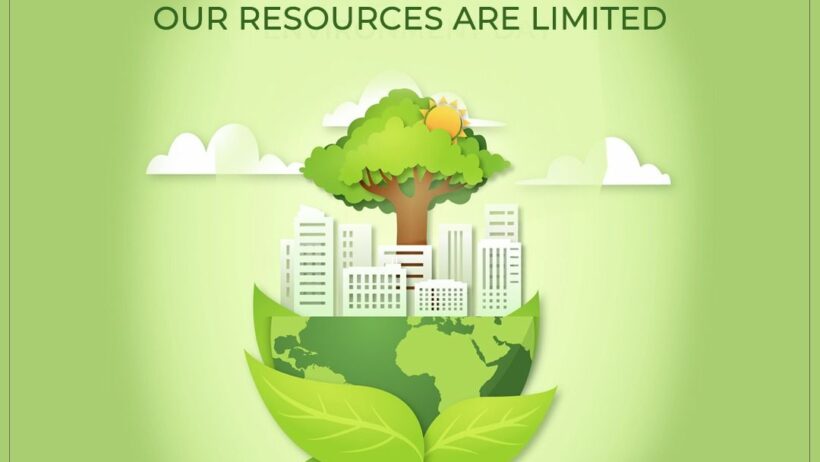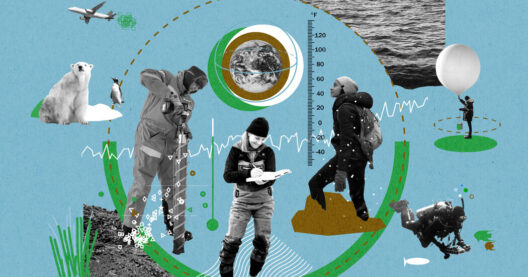In an era where climate change is an omnipresent concern, the imperative to conserve energy and resources has never been more pronounced. Individuals often find themselves grappling with the question of how they can contribute to a greener tomorrow. In truth, the solutions are both attainable and transformative, inspiring a sense of responsibility that extends beyond oneself. This discussion delves into practical approaches to energy conservation, highlighting the intricate relationship between our daily choices and their broader environmental implications.
Energy conservation begins at the household level, where the cumulative effect of minor changes can precipitate significant savings. One of the most visible areas for improvement lies in energy-efficient appliances. The shift from conventional to ENERGY STAR-rated appliances mitigates energy consumption while often enhancing performance. These devices consume less power and thus contribute to reduced greenhouse gas emissions, fostering a more sustainable future.
Moreover, the strategic utilization of natural light can illuminate your living space while conserving energy. Rather than relying exclusively on artificial lighting, judicious use of windows and skylights allows for a more harmonious interaction with our environment. By scheduling activities during daylight hours or using lighter-colored window treatments, homeowners can markedly diminish the reliance on electric lights.
Equally important is the insulation of our living spaces. A well-insulated home retains warmth in winter and coolness in summer, reducing the need for heating and cooling systems that are often energy-hungry. This not only leads to decreased utility bills but also extends the lifespan of HVAC systems. By sealing gaps and adding insulation to attics and walls, individuals can bolster their abode’s energy efficiency.
Transitioning to renewable energy sources is another pivotal aspect of conserving resources. Solar panels, for instance, harness the sun’s boundless energy, providing a sustainable alternative to traditional fossil fuels. By investing in solar technology, households can achieve energy independence, reduce reliance on non-renewable resources, and simultaneously diminish their carbon footprint. This shift promises not only economic benefits but also a significant blow to the overarching climate crisis.
On a broader scale, transportation accounts for a sizable portion of energy consumption. The adoption of energy-efficient vehicles, particularly hybrids and electric cars, can significantly mitigate this burden. Even beyond electrification, employing alternative transportation methods such as biking, walking, or utilizing public transit can drastically lower one’s personal energy consumption. When communities promote and facilitate such alternatives, they cultivate an environment where resource conservation becomes a collective endeavor.
Moreover, embracing a carpooling culture or incentivizing telecommuting can reduce the reliance on vehicles altogether. By making conscious choices regarding transportation, individuals actively participate in a larger movement towards diminished fossil fuel dependence.
Alongside energy conservation strategies, resource management plays a crucial role in our journey towards sustainability. An often-overlooked practice is the efficient use of water. Simple measures like fixing leaky faucets, using low-flow fixtures, and rainwater harvesting demonstrate that conservation is not solely an energy-centric pursuit; it encompasses water resources as well. Water conservation directly correlates with energy savings, as much of the energy we utilize is embedded in the water supply chain.
Furthermore, managing waste effectively is intrinsic to resource conservation. The practice of recycling minimizes the need for new materials and reduces the greenhouse gases emitted during production. Composting organic waste not only benefits soil health but also diminishes methane emissions, contributing to a dual conservation effort. By instilling a culture of reuse and recycling in our communities, we lay the groundwork for a sustainable resource cycle.
Education and awareness are paramount in fostering a culture of conservation. Communities that engage in environmental stewardship empower individuals through knowledge, creating advocates for change. Workshops, clean-up drives, and community gardening initiatives cultivate a collective consciousness about sustainability and the importance of preserving our planet’s resources. The engagement of local organizations and schools can amplify these efforts, embedding eco-conscious values in future generations.
Moreover, being mindful of consumption patterns is essential. The modern age often promotes a culture of disposability that significantly contributes to resource depletion. By prioritizing quality over quantity, individuals can make purchases that are not only sustainable but also durable. This nuanced approach leads to less frequent replacements of products, translating into substantial long-term resource savings.
The interconnected nature of conservation efforts underscores the importance of systemic change. Policymakers have a pivotal role in promoting energy-efficient building codes, subsidies for renewable energy, and frameworks that encourage sustainable practices within businesses. By aligning public policy with environmental goals, society can facilitate an ecosystem where conservation becomes the norm rather than an exception.
In conclusion, the challenge of conserving energy and resources for a greener tomorrow necessitates a multifaceted approach that engages individuals, communities, and governments. Each small action, when aggregated over a population, can yield profound environmental benefits. From embracing energy-efficient appliances and transportation to fostering a culture of awareness and education, the path towards sustainability is paved with actionable steps. As we stand on the precipice of environmental change, the responsibility to guard our planet rests with each of us. By recognizing the depth of our impact and committing to conscientious choices today, we lay the foundation for a more sustainable future for generations to come.







